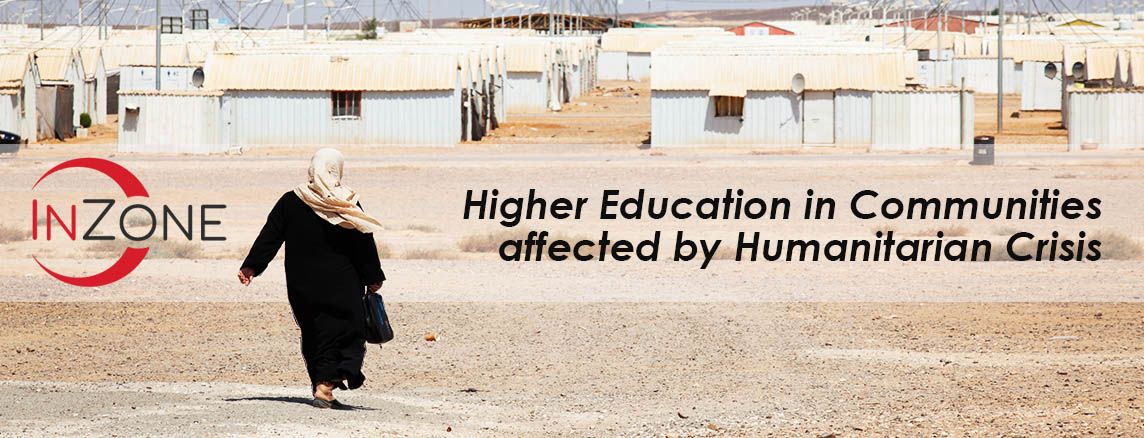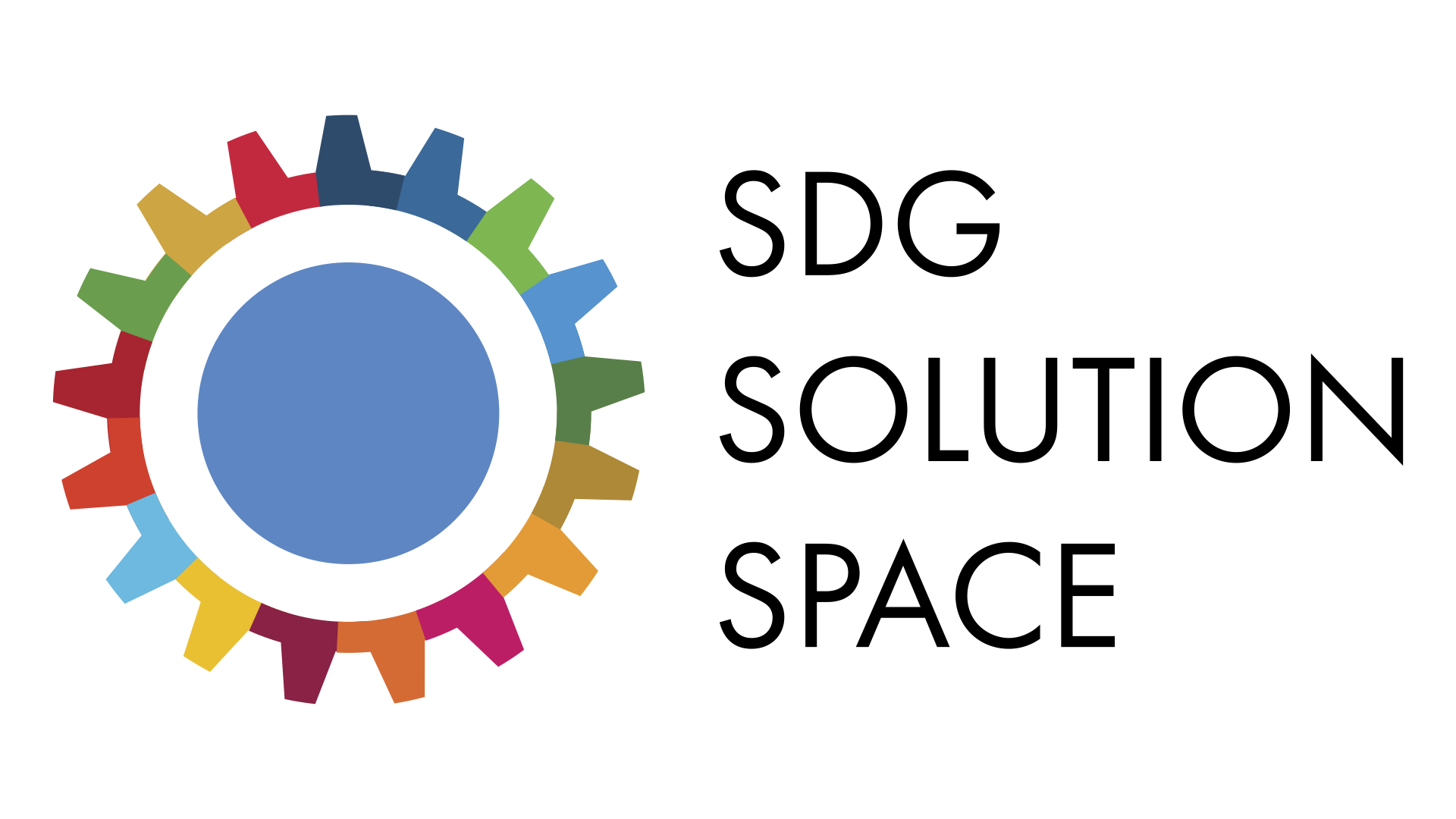Post by Mariya Denisieva, Thurka Sinnathurai and Xenia Harder

Introduction of the Panelist
In today’s panel, we were introduced to InZone – a programme of the University of Geneva that empowers refugee communities by providing them with higher education opportunities. The key speaker, and Executive Director of the programme, is Mr. Thierry Agagliate. He is a skilled social entrepreneur with more than 20 years of involvement in humanitarian and development programs for international NGOs. There, he has operated as a country or regional director, recently taking on the role as head of the innovation department of Terre des hommes.
Key Information
Through Mr. Agagliate we have learned that only 3% of the refugees worldwide have access to higher education, which enables refugees to match their skill set to the current demand of the labour market. InZone brings university education to refugee camps including academic research and hands-on learning programs. This is based on three pillars: connected learning, digital campus, and mentoring. Courses such as Children Rights, Tech4Dev, and Community Health focus on technology-based solutions and creating a positive impact in the community. In cooperation with the University of Geneva’s Faculty of Translation and Interpreting, the offered classes teach English, French, and interpreting skills.
When asked what his understanding of innovation is, Mr. Agagliate explains that in their field of work innovation can be mobilizing digital technologies to facilitate access to the courses offered but also implementing peer-to-peer learning. InZone leverages innovation for more inclusion. Meaning, their innovative approach is represented by inclusion and anti-discrimination studies, and the implementation of fab-labs and project work. Hereby, their programme puts an emphasis on systematically involving practitioners in the design and roll out of their courses. Through certificates they are encouraged to pursue and continue their education.
Challenges
During the discussion, several challenges could be identified that are faced by the participating refugees as well as by the InZone programme. On the one hand, the economic situation of the refugees forces them to continue working besides the program. Another issue that needs to be addressed are legal barriers such as encampment and legal status.
A central challenge for InZone, on the other hand, is the fact that such initiatives are not a priority for donors, policy makers and faculties, which makes it difficult to mobilize them to achieve InZone’s mission. Another issue is combining the work approaches of InZone as academic institutions as well as humanitarian projects. As InZone represents a combination of an academic institution and a humanitarian project, which both have different work approaches, it is difficult to bring both under one roof.
Internship
For those interested in a six months internship, read the experience of their previous intern here: https://www.unige.ch/inzone/news/2021/my-internship-experience-inzone/.
